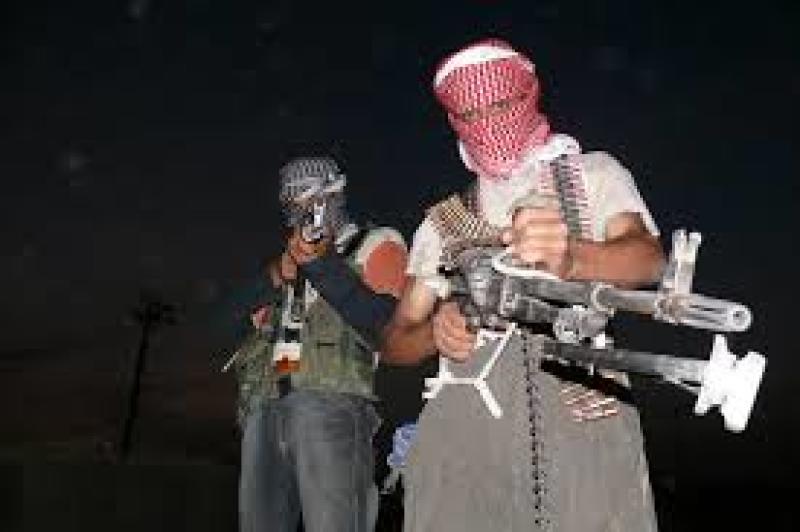

The fight against the Islamic State in Iraq and Syria (ISIS) is still continuing. The 6 Middle Eastern countries, Saudi Arabia, Kuwait, the United Arab Emirates (UAE), Qatar, Oman and Bahrain, that from the Gulf Cooperation Council (GCC) have officially announced that they will be militarily participating in the war with ISIS. They announced that a command center will be established in the Arabian Gulf and will be commanding a unified force of tens of thousands of troops.
The Financial Times reported that the GCC nations also announced that they will be resisting Iran, along with ISIS for they believe Iranian government is developing nuclear weapons. The new GCC command center is reported to be established in Riyadh, the capital city of Saudi Arabia. The force they will be commanding to fight ISIS will be huge, with Saudi Arabia alone providing over 10,000 troops.
Initially, the members of the GCC had shown very different opinions regarding the Islamic State. At one point, Qatar was found to be supporting another militant organization called the Muslim Brotherhood, and representatives of Saudi Arabia, Bahrain, and the UAE took a stance. Since all 6 nations had Sunni Islam as their state religion, it was shocking that there was any kind of conflict or disagreement between the members of the GCC.
However, the Financial Times and South Korea's Kyeonghyang News reported that after seeing that American air strikes seemed insufficient to neutralize the Islamic State, the GCC states decied to take action, for terrorist attacks by sister groups of the ISIS kept occurring in their territories. It is believed that GCC members states are also concerned that the international community may approve Iran's possession of nuclear weapons.
As a result, representatives of all 6 member states will be meeting in the new GCC command center in Riyadh, Saudi Arabia, to discuss strategies against the Islamic State. Though this is a significant breakthrough in the war on ISIS, many experts expressed the GCC forces' role will be limited with the United States still unwilling to dispatch ground forces to Iraq and Syria.


















